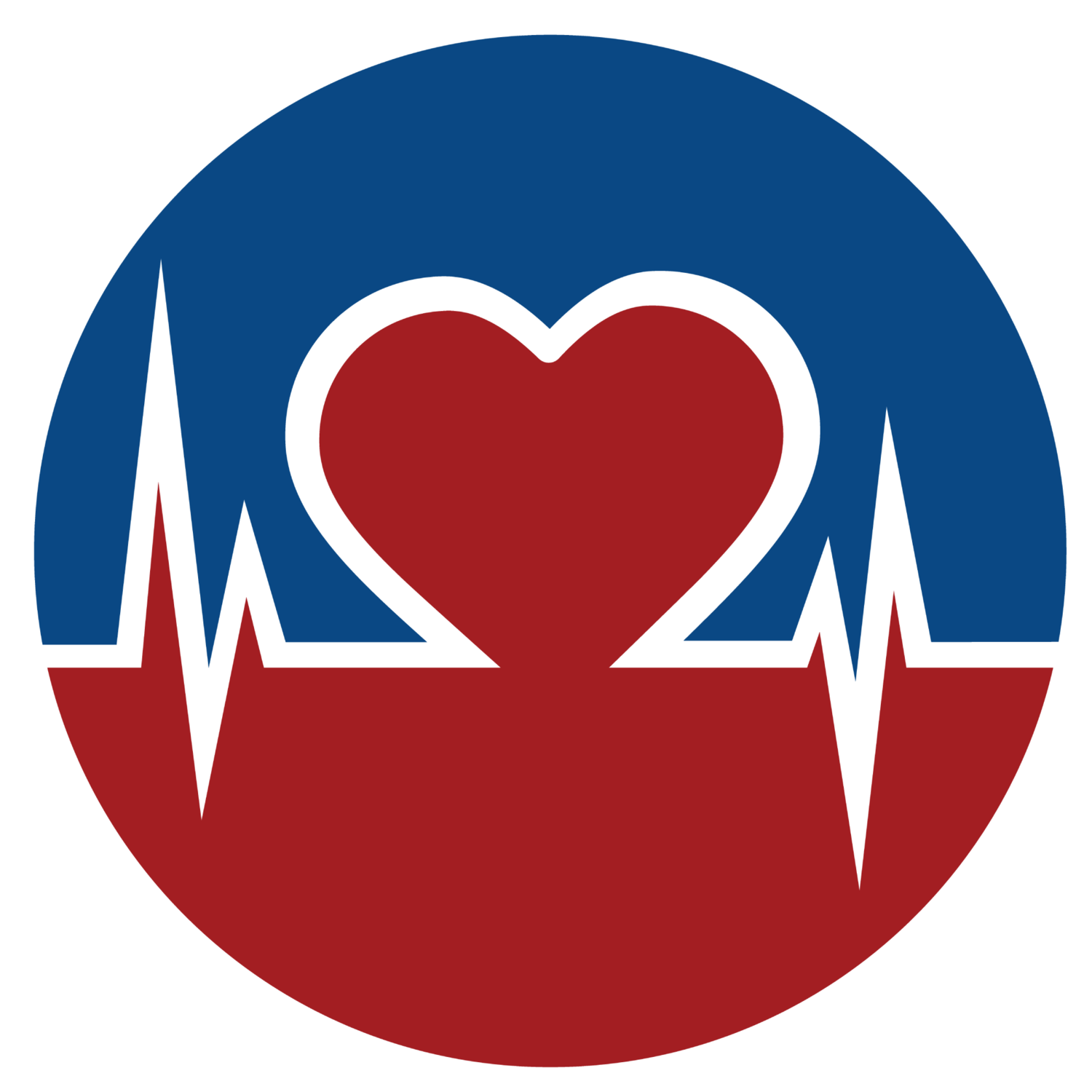The Partnership to Advance Cardiovascular Health works to advance public policies and practices that result in accelerated innovation and improved cardiovascular health for heart patients around the world
Resources

Mission
PACH advocates for patient-centered health policy on behalf of heart patients across America.

ABOUT
PACH is a non-profit coalition of patient and provider organizations working together to educate and advocate for millions of Americans with heart disease.
In a big win for heart patients, national guidelines to treat hypertrophic cardiomyopathy now include the first-of-its-kind medication – cardiac myosin inhibitors – as a first-line treatment.
Game-changing medical technology is on the line.
Based on Nobel-prize winning science, genetically targeted technologies take on the proteins that cause disease. The medications are administered once or twice a year to treat rare and debilitating diseases, from Duchenne muscular dystrophy to high cholesterol.
Lower out-of-pocket prescription drugs costs spread more manageably across the calendar year. That’s what patients and policymakers alike hope to get from the Inflation Reduction Act.
Finding the right medication for a heart condition can be tricky and time consuming. So what happens when the insurance company then compels patients to switch?
Despite the range of existing treatment options, hypertension bears a growing burden on Americans and requires innovative solutions. A new policy paper from the Partnership to Advance Cardiovascular Health, “Pressure’s Mounting,” hears cardiologists, nurses and patient advocates describe the widespread disease’s impact and the importance of individualized treatment.
This year’s national Cardiovascular Health Policy Summit brought together patient advocates, health care providers and policy experts to discuss solutions to barriers that keep cardiovascular patients from accessing the care they need.
For some people, the first “symptom” of hypertension is a deadly heart attack or stroke.
Cardiovascular disease stubbornly holds its place as the number one cause of death in America. But don’t be misled into thinking heart disease presents an equitable burden. It has a disproportionately high impact on Black Americans, striking them more often and more seriously, on average, than their white counterparts.
Yet another study has found that high co-pays could restrict cardiovascular disease patients’ access to prescription drugs.
Peripheral artery disease, known as PAD, can cause serious health consequences. If left untreated, it can lead to a heart attack, a stroke or even amputation.















